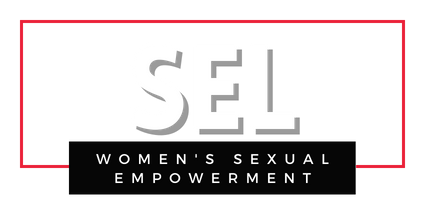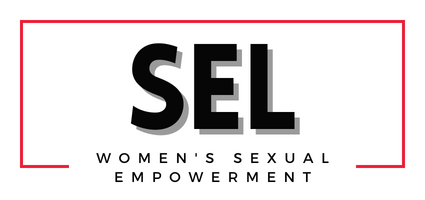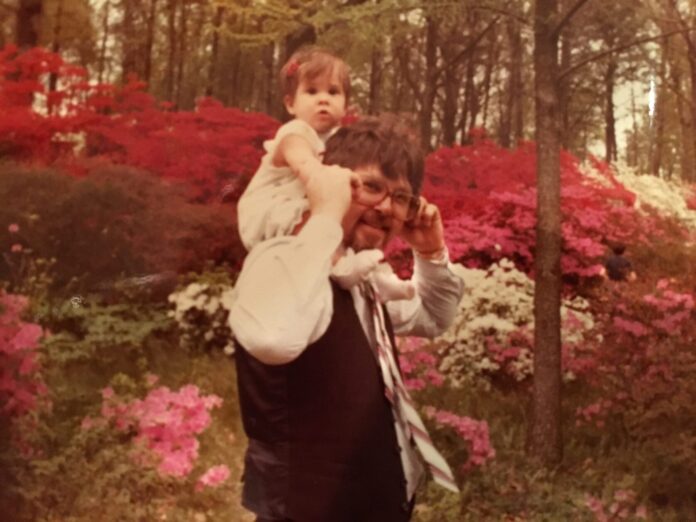On January 5, 2018, my 74-year-old dad was diagnosed with stage 4 pancreatic cancer deemed inoperable.
My dad hails from German/Irish stock and was raised on a farm in Ohio in the 40s and 50s. He was strong, charismatic, happy most of the time and quick to laugh to the point of having tears stream down his face. He taught me how to use a hammer and drill, and shared his love of working with his hands with me. We always assumed he would help me build my first house.
He also shared his love of sweets with me. His choice of meat, cheese, and desserts, over the vegetables and fruit, though, led to his round rosy cheeks and plump belly and then unfortunately to type 2 diabetes and two heart stents. He knew he wasn’t the healthiest he could be but somehow thought himself to be invincible.
A couple of days before his diagnosis, my dad was admitted to the hospital for a routine gallbladder removal because all tests pointed to its malfunction causing his nausea and general ill ease for the previous three months. Once admitted, they found my dad’s blood sugar and liver enzymes to be out of the safe range for them to perform surgery, so decided instead, to do more tests.
In doing the various blood and imaging tests, they found an unidentified mass. This discovery prompted my brother, who lives nearby my parents, to call me and suggest I fly out to Orlando the next day since my dad would be going under anesthesia for an exploratory endoscopy to see what the mass was.
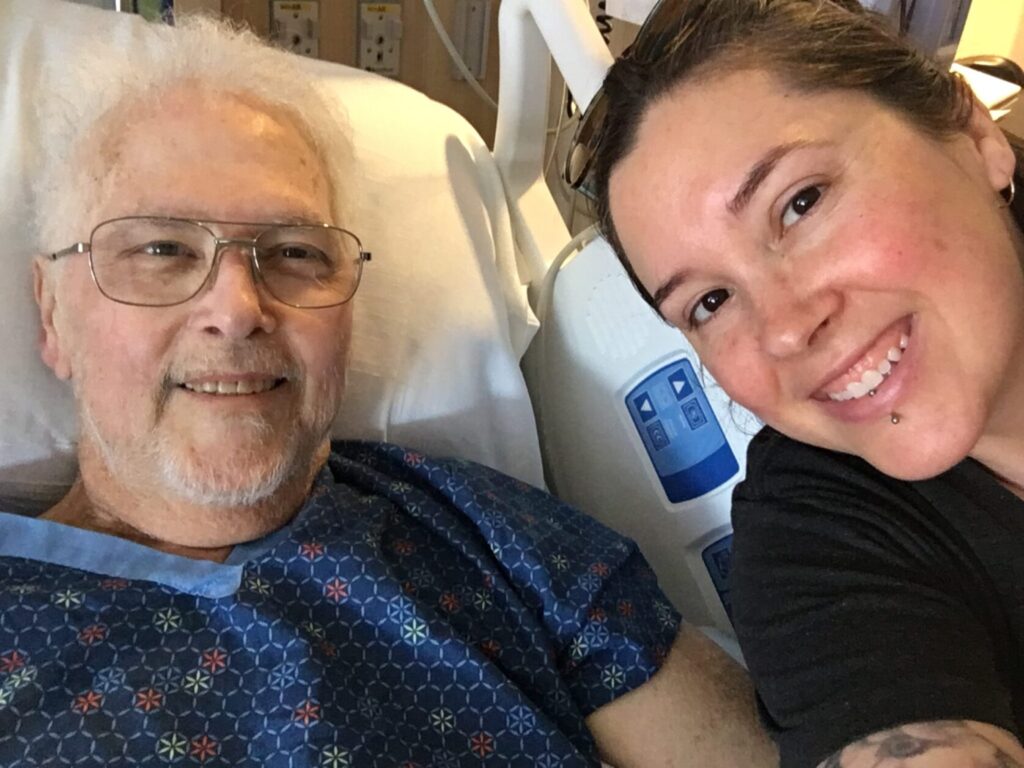
My brother and I decided to tell my mom that I was coming but surprise my dad. The look on my dad’s face when I walked into his hospital room was priceless. It felt right for me to be there with my family, we have always been a tight-knit family. Once we all got settled into the room—my parents, my brother, his wife, my niece, nephew and I—my parents told us that the doctors had been in about an hour before we arrived to give the diagnosis of cancer. It seemed as if all the air had been sucked out of the room all at once. Shock and despair shown on all of our faces, but we all murmured reassurances and notions of hope.
Making an excuse to get some time to talk, my brother and I took a walk to process what we had just heard. We both knew in our guts that he didn’t have long to live and that it was more important for us that he have quality of life over quantity. We did not want him to suffer.
The next few days were a blur with doctors coming and going, drawing diagrams and talking treatment options. My brother had gifted me a round-trip plane ticket using his miles, but we quickly realized the two weeks I had planned to stay would not be enough time. To be honest, I don’t remember if it was discussed that I would just stay or if it was assumed by all of us. But, that’s what I did.
I sent up some gratitude to the universe that I was a stay-at-home-wife/artist without human babies—my wife and I have fur babies—and that we could afford for me to take as much time to stay and help my parents as needed.
Even though my brother and I knew there was no real hope our dad could beat
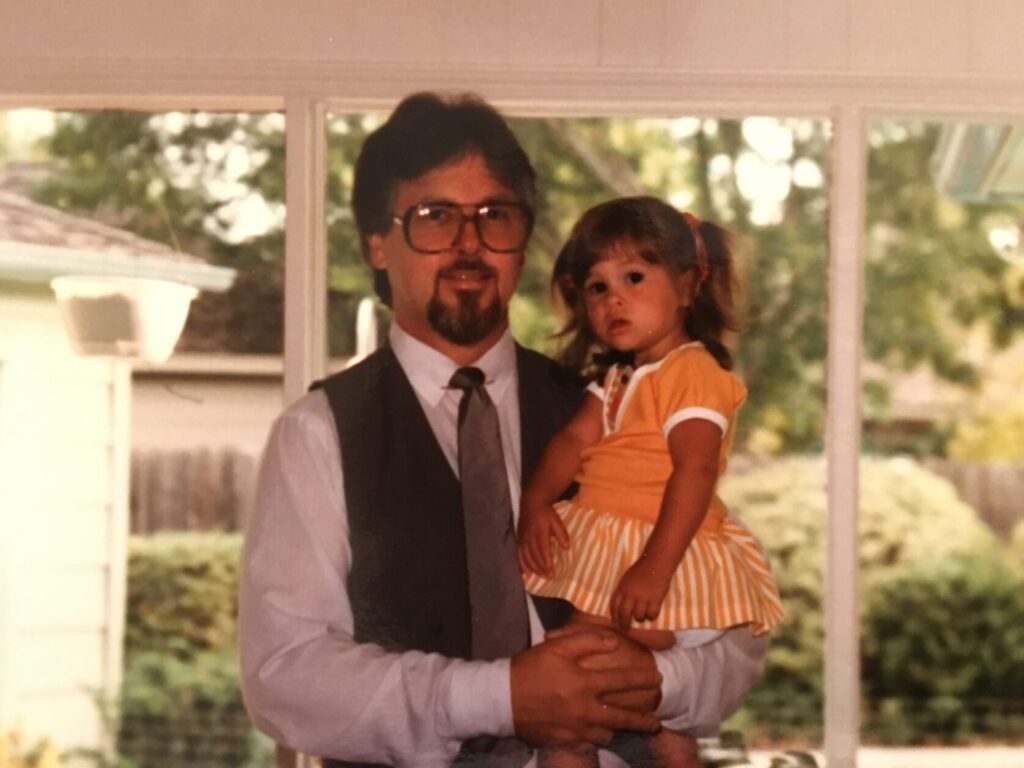
I shudder to think what would have happened to my dad if he hadn’t had someone who cared in his corner to ensure everything was done correctly and coordinated properly between the dozens of medical practitioners.
For the next three months, I took on the role of caregiver and advocate for both of my parents. I went to every doctor’s appointment, every chemotherapy appointment, and every hydration appointment. I became their driver, their assistant, their chef.
I kept track of all the new medications and constant changes to those medications. I kept track of every procedure and whom they were with. I kept a typed timeline of events. I could recite every single medication my dad was taking, the time he took it and the dosage at any given time. I made sure the nurses were giving him the correct medication and dosage each time he was admitted to the hospital. I kept copies of all the information the nurses and doctors would need to know when we had to take my dad to the emergency room or when he got picked up by an ambulance because he was too weak to walk to the car. When various hospital doctors came in to check on him and to tell him some vital news at 6 am, I had my dad call me so I could be on speakerphone to hear what they had to say and be able to ask questions.
I shudder to think what would have happened to my dad if he hadn’t had someone who cared in his corner to ensure everything was done correctly and coordinated properly between the dozens of medical practitioners. The amount of things I had to keep track of and intervene with on his behalf when dealing with the medical field staggers me.
In all that time, I was able to go home twice. Once for about a week, during which, my dad hallucinated due to chemo brain in the middle of the night and fell. He broke his elbow and needed surgery. I luckily was already scheduled to go back to Orlando the day after he fell and could be there for the surgery and the rehab that followed. I was able to go home once more when my mom’s sister and her husband offered to come out for a month to help out. I was supposed to be able to be home to rest for two and a half weeks.
Two days before I was supposed to go home, we had to take my dad back to the hospital. His oncologist decided the chemo regimen he had been on was too strong and wasn’t giving the results he wanted, so promised that once my dad recovered enough, he would start a chemo with very few side effects and would attack the cancer from a different direction. It was so hard to leave my dad when he was still in the hospital but I was burning the fuse from both ends at that point and desperately needed a break. He assured me that he was going to be fine and would be starting the new chemo before I got back.
Just a few days after I got home to Portland, my wife and I were finishing our dinner out at our favorite Ramen restaurant when I got a call from my brother. He and my mom were on conference call. My dad was having a hard time breathing and had been taken to ICU. Hospice was brought in to talk to my brother and mom but my mom just wasn’t ready to face the idea that my dad wasn’t going to get better. My brother told me to get to the airport; he was going to get my wife and me a red-eye plane ticket for that night.
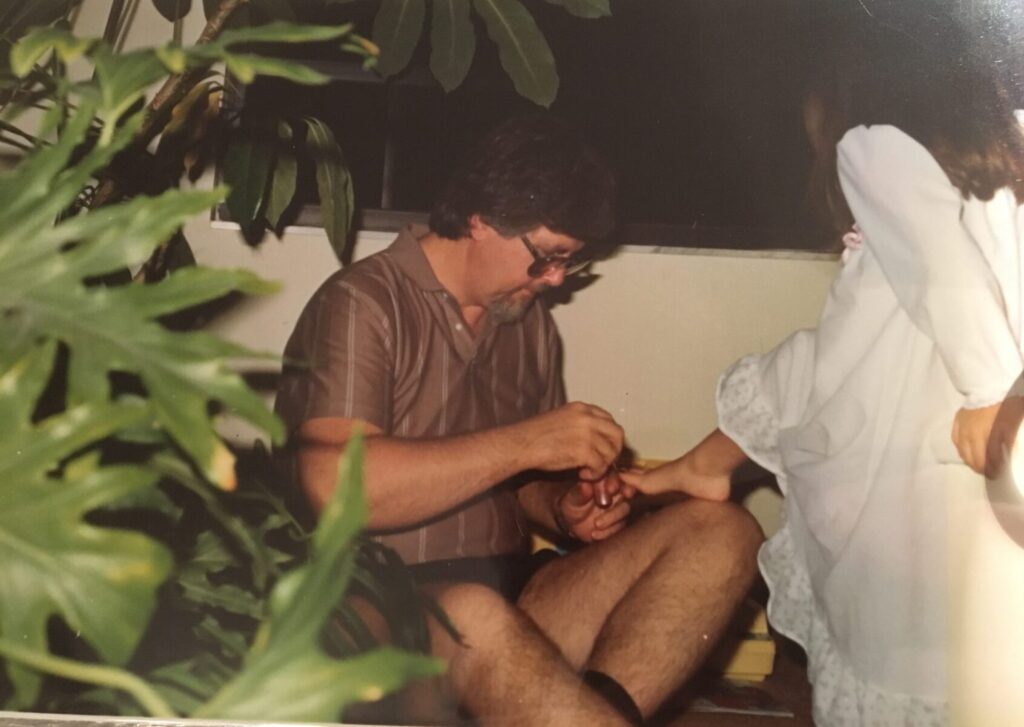
I knew this was the end, I could feel it. I cried the whole way to our apartment, as we frantically packed our bags by candlelight due to a power outage, and all the way to the airport. My stomach was in knots for both legs of the flight, not knowing what was happening while we were up in the air. We arrived in Orlando at 5:30am, were picked up by my brother and immediately went to the hospital.
The happiness and relief on my dad’s face when I walked in brought me such peace. He knew I would take care of everything and that he could rest. We had a few hours with my dad still awake yet not 100% coherent. By the afternoon, though, he had slipped into a coma. That night he remained in ICU but the next day hospice was brought in again. This time, we all decided it was the best option to ensure the best care for my dad. They didn’t want to move him to the hospice center due to his fragile state so opted to move him to a regular room on the oncology floor.
We spent the day, talking to him, touching his hands and face. We told him how much we loved him and that it was ok to let go, how we would take care of my mom and that we would all be ok. Everyone was able to come say their goodbyes, including my uncle who had known my dad in the 60s when they were milkmen together. They were best friends till the end. It broke all of our hearts to watch him say goodbye to my dad. But, nothing will compare to watching my mom sit by his bedside, holding his hand and looking into his face for the last time. It was only a few months shy of their 46th wedding anniversary. It was gut wrenching.
Just before 10am the next morning, April 20th, my dad took his last breath with my brother holding his hand.
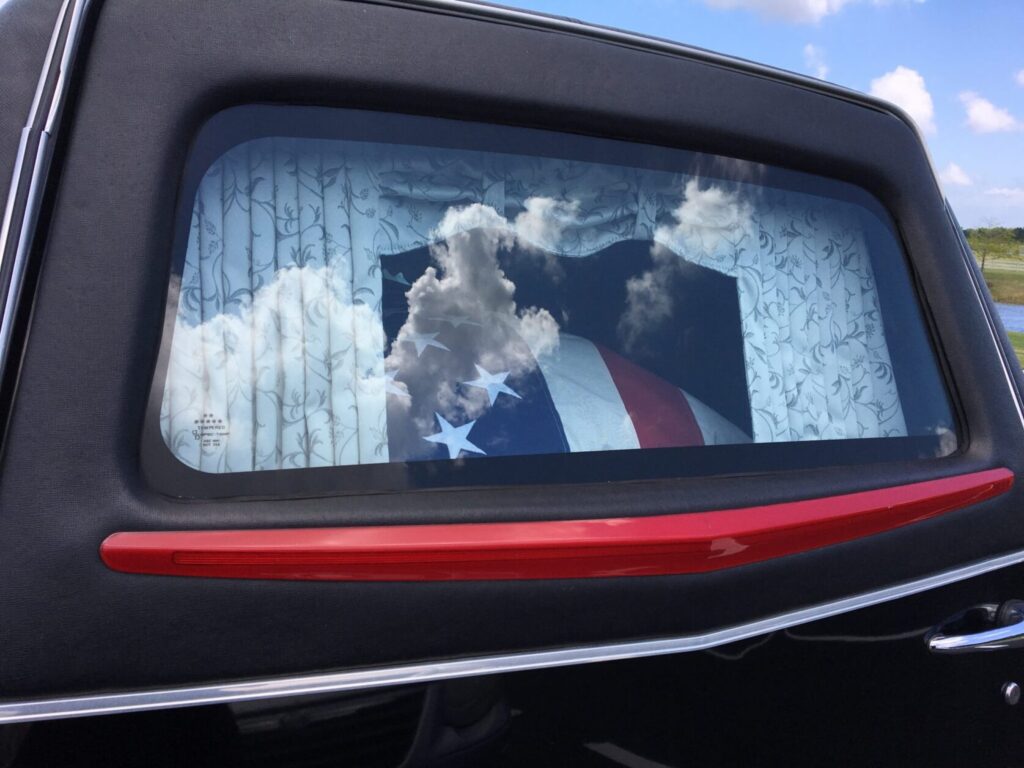
We were grateful he didn’t have to suffer long, less than four months after his diagnosis. I know we did everything we could have for him in those last few months. Family and laughter surrounded him, even while in the hospital. He knew he was deeply loved and cherished. That brings me peace.
Culturally, sons are expected to leave the house and have their own life whereas daughters are expected to stay close to home in case of being needed. It was always assumed I would be the one to care for any
ailing or aging parent because it’s “just my nature.”
I will always cherish the quality time I got to spend with my parents, my brother and his family during the time I spent caring for my dad and even after his death. I wouldn’t trade it for anything. But, to be completely honest, it broke me. I gave and did more than I thought I was capable of giving and doing. I am grateful my body and mind didn’t give out on me when I was in the thick of it. Eleanor Roosevelt said, “A woman is like a tea bag- you can’t tell how strong she is until you put her in hot water.” Well, I found out just how strong I could be during the course of that year.
Almost a year since his death, though, I am still struggling to put myself back together. I have developed PTSD from aspects of last year, outside of natural grieving, and I will admit to having feelings of shame and guilt over that fact. As women, we are socialized to be nurturers and caretakers and to be available when needed. We are expected to put other people’s needs before our own and if we are negatively affected by those actions of giving, we tend to feel shame about it.
I found it interesting that it was assumed by all involved that I would be able to walk away from my home-life for an indefinite amount of time to return home to care for my parents. My parents wanted my presence. And I would never have been able to forgive myself for walking away when they needed me especially after everything they have done for me and times they’ve been there for me in my life.
They, of course, love and needed my brother as well. But, they didn’t expect him to be able to give as much because he was a man and had a family of his own and ran his own business. He also is more reserved and doesn’t embody the same level of nurturing characteristics that I learned/inherited from our Brazilian mother.
Culturally, sons are expected to leave the house and have their own life whereas daughters are expected to stay close to home in case of being needed. It was always assumed I would be the one to care for any ailing or aging parent because it’s “just my nature.” Still, a year later, my mom longs for me to be close for the companionship I could provide and the nurturing she would receive from me. I live on the opposite side of the country. My brother lives only 15 minutes away but she doesn’t feel she can keep asking him to do things for her.
I am beyond grateful I was able to support my dad in a way that gave him peace of mind and joy in the last few months of his life. I will treasure the conversations I had with him and just knowing that there was nothing left unsaid between us in the end. At the same time, I need to acknowledge that in giving beyond my capabilities, I have sacrificed my physical and mental wellbeing for some time to come.
I am lucky to have the most amazing and supportive wife, family and friends who have been so patient with me as I go through this recovery phase. I also am fortunate to have a fantastic therapist and naturopath who are helping me take the steps needed in order to replenish my depleted reserves.
So, how do we get past the feelings of shame and guilt over what family and society says we should be doing and start feeling empowered to listen to what our bodies and minds are telling us we are capable of doing in that moment—and then to be at peace with that limitation? We can still make the decision to ignore that limitation—as I did by continuing to do more than I knew was healthy for me. But, now I find myself asking, is it ok to not be ok? Is it forgivable to experience trauma in helping those you love? Do I have the right to fall apart?
So many people don’t have the luxury to fall apart and focus on themselves. How can we, as women, be there to help those that have fallen apart or those that are barely keeping themselves together?
As women, we have superpowers. We are sisters. We are healers. We are goddess warriors. -Merle Dandridge
